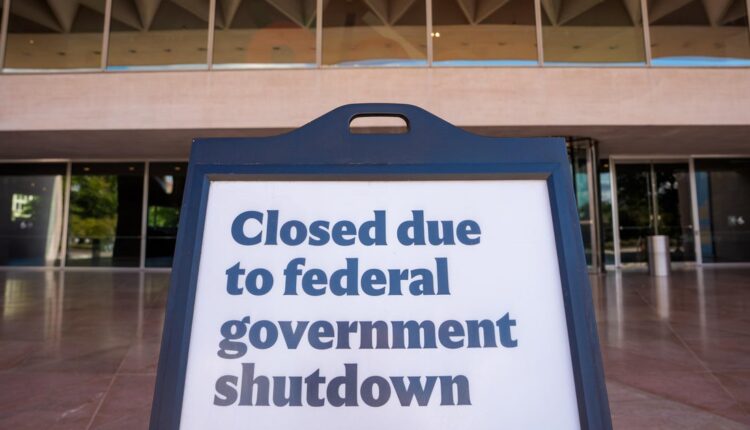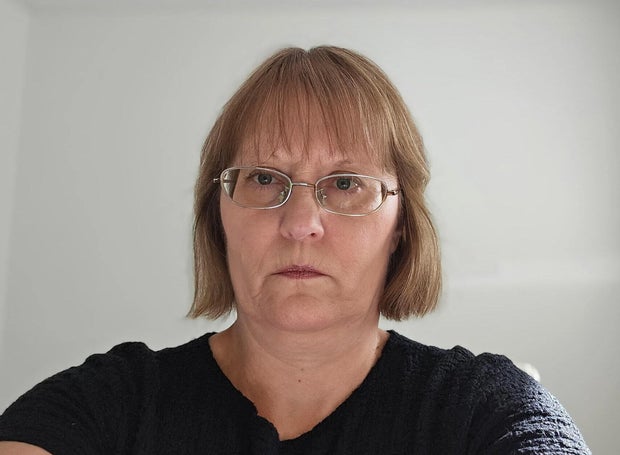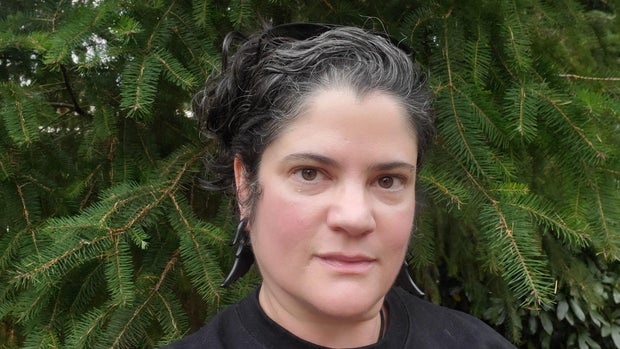Jill Hornick, a 59-year-old service representative at a Social Security Administration field office in Illinois, would normally have received her latest paycheck on Friday. Instead, she was last paid on Oct. 10 — for three days less than she had worked.
Hornick is defined as an essential worker and continues to report to the office on a daily basis during the government shutdown. She said she doesn’t have time to search for a second job and isn’t eligible for unemployment benefits. Because of the stalemate in Congress, now in its 24th day, Hornick also has no clue on when the next paycheck will arrive.
“It’s very annoying that employees who are furloughed can collect unemployment, but employees who are essential and have to work without pay cannot collect unemployment,” Hornick told CBS News. “And yet I am showing up on my own dime because we still have to pay money to put gas in the car, pay the daycare center, because they are not going to take kids for free.”
While roughly 670,000 federal employees are furloughed, approximately 730,000 other government employees deemed essential — such as air traffic controllers and Transportation Security Administration officers — continue to work without pay during the shutdown, according to estimates from the Bipartisan Policy Center.
Hornick, whose annual income is about $75,000 a year, is now scrambling to stay afloat. That means paring her spending and contacting her mortgage lender and other creditors to ask for lenience.
Courtesy of Jill Hornick
“I got a letter from mortgage company saying I was approved for deferred payment and that they wouldn’t take foreclosure action against me,” she said, although she remains anxious about what the future will bring.
“Who knows how long my mortgage company will allow this to go on before they foreclose on my house,” Hornick added.
Hornick said she has eliminated what she describes as “all nonessential spending.”
“I had a hair appointment for Saturday that I made before the shutdown and it’s canceled because I have dogs, so I am making sure they are fed and have veterinarian care,” she said.
Government jobs no longer “safe”
Mae apGovannon, 49, works in Portland, Oregon, at a regional office for the U.S. Department of Veterans Affairs, where he processes claims for veterans benefits.
apGovannon said some of his home appliances, including his oven, have stopped working, but repairs will have to wait until he gets paid. To reduce their costs, he and his partner are also cutting back on entertainment, such as going to the movies and eating out.
“It’s something we were considering anyway with the economy going the way it is, but it’s much more urgent now. It’s important to hunker down,” apGovannon said.
Courtesy of Mae apGovannon
Asked if he would consider leaving the federal government for the private sector, apGovannon, who has been in his current role since 2019, said he is “in it for the long haul.” But he can appreciate why some colleagues might want to leave government service.
“lt’s hard to say to younger people, ‘Hey, come work for us — you never know if you’re going to be fired or not.'” apGovannon told CBS News. “Their perception is that government work, which was once safe, no longer is.”
Hornick, who is nearing the end of her career at the SSA and plans to retire from government work, said she would “not recommend anyone come work for the federal government with everything that’s going on.”
Accruing interest as shutdown continues
Brooke Hardison, 47, a furloughed communications director at the U.S. Department of Agriculture Food and Nutrition Service, said she is accruing interest on unpaid credit card bills and feels like she “has to protect every penny, because we just don’t know what happens next.”
That’s meant canceling travel and delaying repairing a faulty door in her home, Hardison said. Her husband works for a government contractor focused on information technology, potentially putting his income in jeopardy as long as federal funding remains frozen.
“It is up in the air,” she said. “We are bracing for impact to both of our jobs.”
Like other federal workers, Hardison, who lives in Bowie, Maryland and who has worked for the government for 20 years, said that for the first time she is considering leaving public service for the private sector.
“I had started thinking about looking outside the government because of the changes that have happened in being a government employee, and the totality of the job,” she told CBS News. “I always assumed I would retire from the government. But this year, it has been really hard to be a federal employee.”




